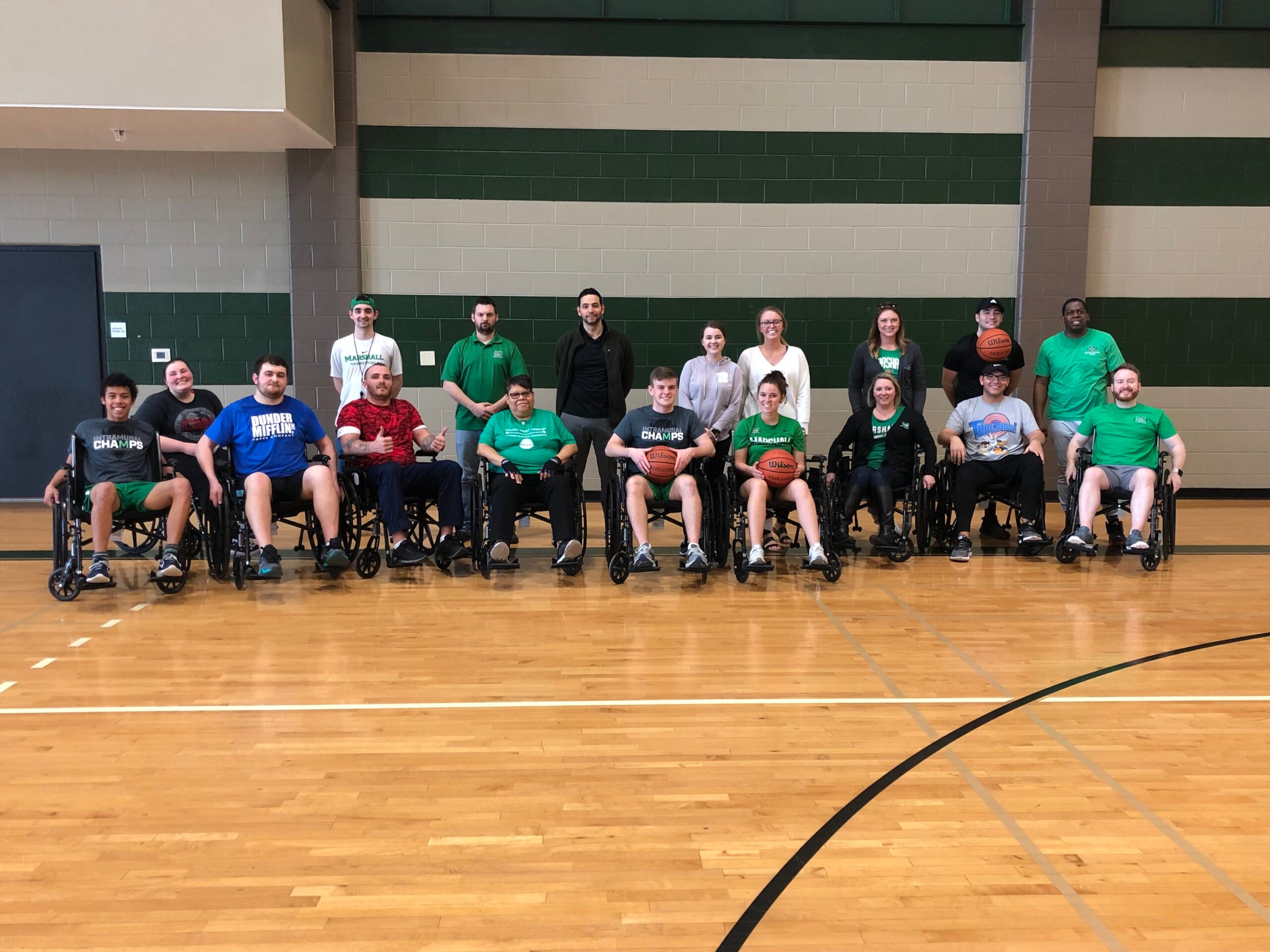Welcome
The Office of Accessibility and Accommodations provides the educational and physical accessibility support necessary for students to achieve their academic goals and promotes as much independence as possible on the part of the students with disabilities. We aim to make all programs, services, and activities fully accessible to students with disabilities, and our staff works directly with students to personalize types and levels of services needed for a successful college career.
Office of Accessibility and Accommodations
Prichard Hall, Room 117
8 a.m. – 5 p.m., Monday – Friday
304-696-2467
Email Accessibility Services


